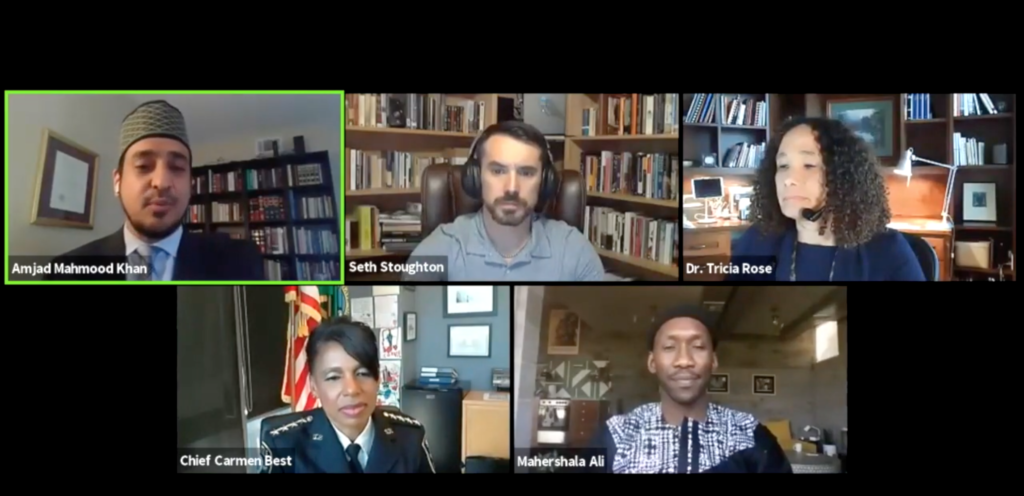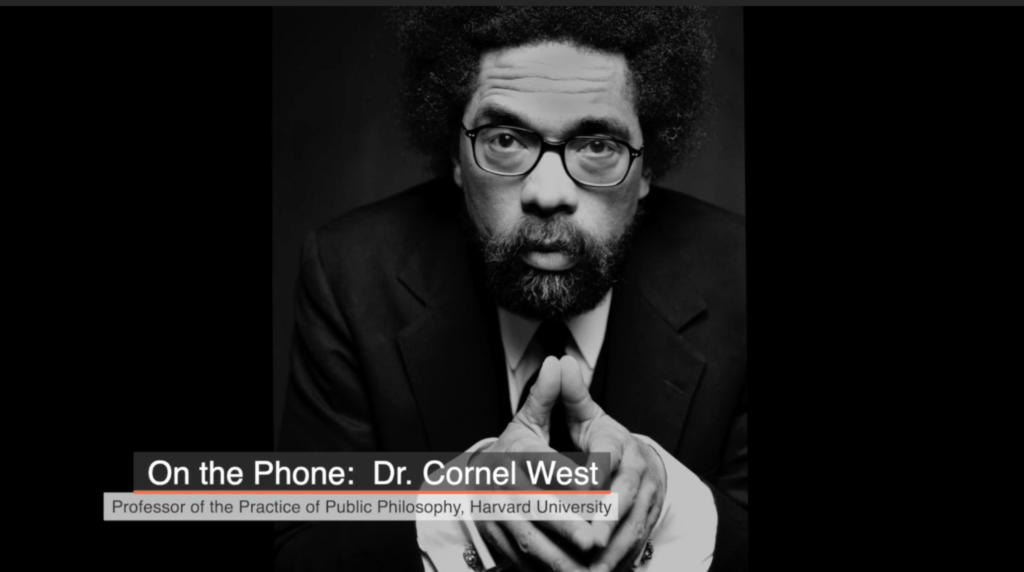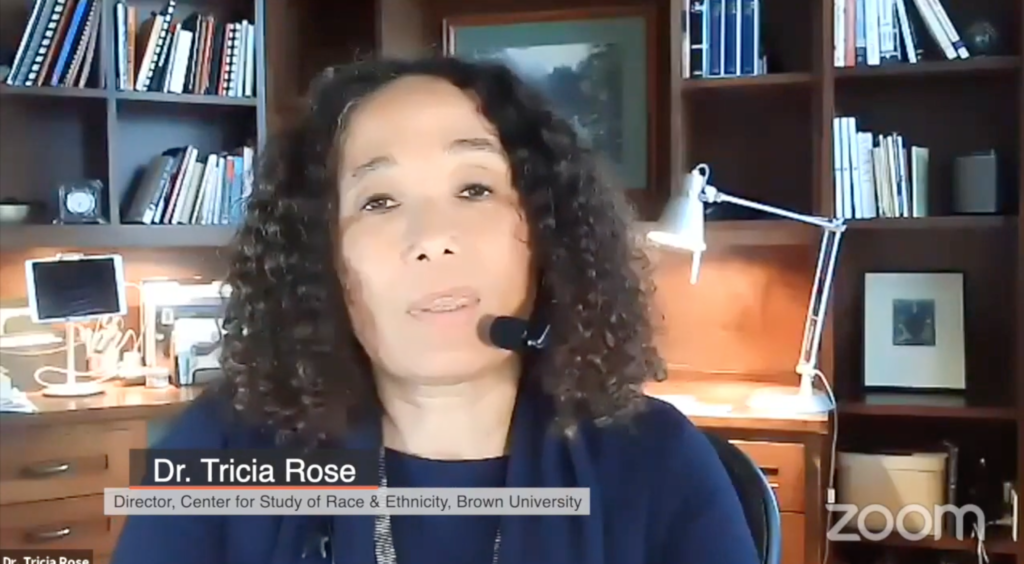Racial Injustice virtual conference draws prominent professors and law enforcement
1500 people tuned in to hear an in-depth discussion on the state of policing in America
Recently, America has been rocked by protests over racial injustice and police brutality. The ongoing killings of innocent Black Americans by police officers have sparked a national debate on how we can tackle racism and better understand the plight of our fellow citizens.
To promote this important dialogue, Ahmadiyya Muslim Community USA held a second virtual conversation of its #SupremeJustice series on Wednesday, August 5th. In last month’s inaugural event, panelists discussed the systemic roots of racism in America. In this second conversation, the esteemed panelists discussed what role the police have played in perpetuating racial violence and injustice. An estimated 1,500 people attended the conference, which was entitled, “Policing: Reform or Re-form?”
The panel included Professor Seth Stoughton, Dr. Tricia Rose, Dr. Cornel West, and Chief Carmen Best, with Amjad Mahmood Khan and Mahershala Ali moderating the event.


At the outset, Khan explained that the Khalifa (worldwide supreme head) of the Ahmadiyya Muslim Community, His Holiness Mirza Masroor Ahmad, had chosen the words Supreme Justice for this campaign because this term is inspired by the verses of the Quran that speak about how justice is paramount. Khan then quoted His Holiness’ prior global addresses, including the following: “If we truly want peace in our time, then we must act with justice. We must value equality and fairness. As the Prophet of Islam (peace be upon him) so beautifully stated, we must love for others what we love for ourselves. We must pursue the rights of others with the same zeal and determination that we pursue our own rights. We should broaden our horizons and look at what is right for the world, rather than what is only right for us. These are the means for peace in our age.”
Khan and Ali then cited several recent studies on race and policing in America as a way to frame the discussion. For example, what is the proper role of police in America, and why are Black Americans disproportionately a target of police brutality?
“Policing must be understood in the context of a broader construction of fear,” explained Dr. Rose, a professor at Brown University. “Police in America have played a pivotal role in keeping white communities ‘safe’ and segregated.”


Professor Stoughton, who teaches at the University of South Carolina School of Law and specializes in the study of police violence, agreed that “we have a race problem in society, and that race problem gets reflected and magnified because of the often adversarial context of policing our actions.” He then discussed the significance of having an officer approach someone as a community member instead of a suspect. “The role they should be playing is that of community guardians who are protecting all community members from indignity and harm. It starts by respecting the sanctity of human life but it also requires respecting human dignity.”
“I absolutely believe that we have a race problem in our society. So, it should be no surprise that we have a race problem in all of our systems – whether it’s healthcare, education or criminal justice,” said Chief Carmen Best of the Seattle Police Department. After conceding that the police force has often been used historically to maintain status quo, even at the disadvantage of minority groups, Chief Best said, “We need to re-envision how are we going to do public safety and bring back the humanity to everything.”
Dr. West discussed the complicated but crucial relationship between innocence and violence. In America, he said, an innocent person can die without the culprit facing true accountability. He emphasized that empathy and humanity needs to be at the center of policing or any institution with the governing authority. Dr. West then elucidated how accountability must be introduced at all levels of society, saying, “We have got to come to terms with the intimate connection between police power, wall street power and pentagon power.”


An important point was highlighted by Professor Stoughton and Chief Best that the police are often forced to handle matters unrelated to criminal activity because of the failure of other systems in society. Often police officers are called to deal with people struggling with mental health crises, a critical matter that should be handled by other systems.
Elaborating on this point, Professor Stoughton said, “We as a society have delegated to the police a whole range of issues that the police cannot adequately address, and it’s because police arises out of this model of social control. But the police can’t deal with homelessness or poverty or substance abuse or anger management or school discipline. Yet, those are very routinely the aspects of public safety and public health infrastructure that we have defunded over the years or never adequately funded and just left it up to the police…When you take that approach and then compound it with what is now hundreds of years of…racist policies in housing and education and financial policies, then we’re really setting the stage for problematic encounters with police.”
As the event drew to a close, panelists expressed how they have been part of many conversations, but this conversation was different and more optimistic. While outrage certainly has a place, they expressed their hope that when we act with love and compassion, we can achieve meaningful change.

